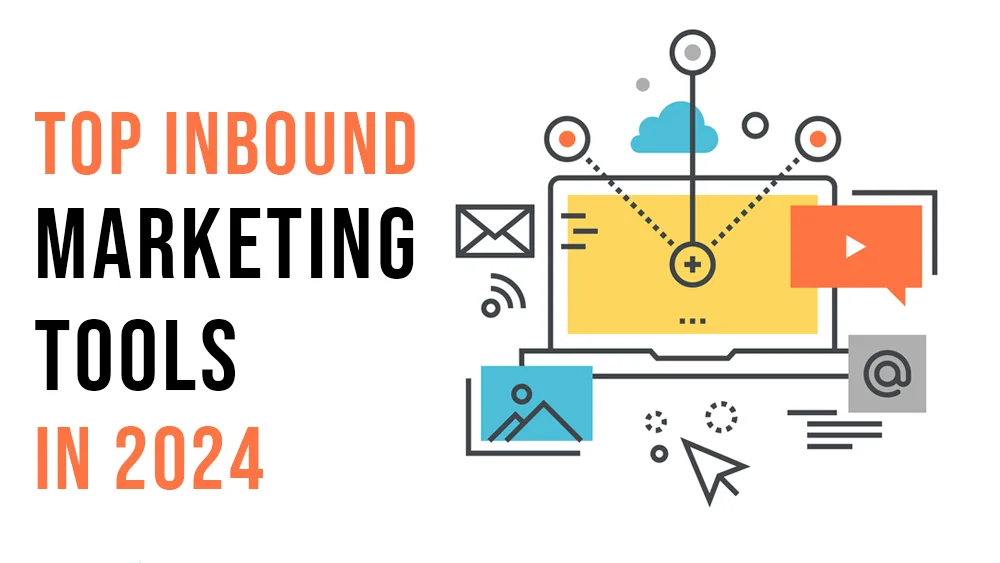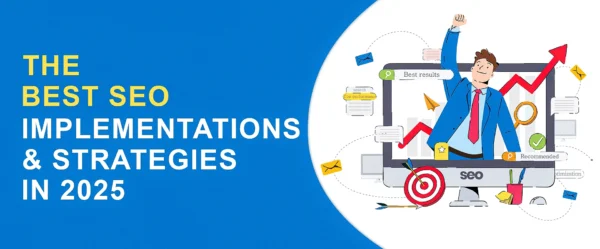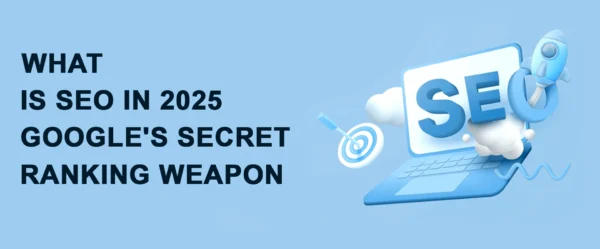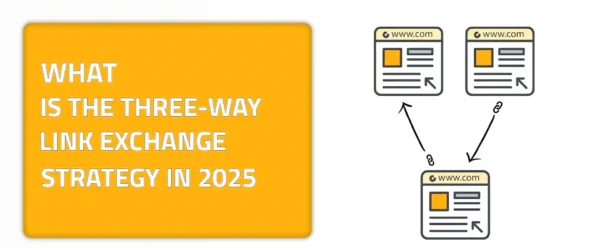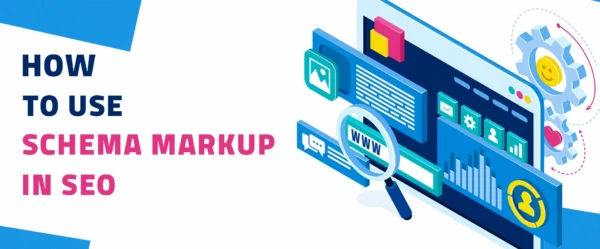Inbound Marketing Tools: Unraveling Which One Wins the Marketing Marathon!
Despite the many changes happening in the digital world in 2024, inbound marketing is essential for companies that want to bring in customers and keep them happy. To effectively traverse the intricacies of digital media, this strategy—which centres on producing rich content and personalized experiences—requires a high-tech toolbox. To meet the varied demands of marketers vying for the attention of tech-savvy consumers, this year’s best inbound marketing tools prioritize innovation, integration, and intelligence.
A dizzying assortment of technologies is at your fingertips, from state-of-the-art content management systems (CMS) that drive dynamic websites to innovative SEO solutions that guarantee visibility in a congested online arena. Marketers can now scale up the delivery of targeted content, social media postings, and email campaigns thanks to advancements in automation tools. A better understanding of consumer habits and the efficacy of marketing campaigns is now possible, thanks to improved analytics and data management solutions. Chatbots and AI-powered assistants add a human element to the interaction layer, which improves customer service and engagement. Delve deep into the depths of this topic with us and understand what inbound marketing is and what the right and top tools are for it.
What Is Inbound Marketing? A Quick Overview
With a keen eye for market trends and consumer behavior, inbound marketing takes a strategic approach to captivate customers by providing them with valuable and relevant content throughout their entire journey. Similar to a market research analyst, inbound marketing focuses on forming connections with your audience and solving the problems they already have, rather than interrupting them with unwanted content like traditional outbound marketing.
This approach is in line with the current shopping and purchasing habits of individuals, providing them with customized information and solutions that cater to their specific needs, interests, and difficulties. Utilizing a variety of marketing channels, including content marketing, SEO, and social media, this strategy ensures that the business is highly visible and attracts customers to the website through valuable content.
Let me walk you through hypothetical scenarios and provide you with an example. A company that specializes in home gardening kits can effectively utilize inbound marketing strategies. They can achieve this by crafting informative blog posts such as “A Comprehensive Guide for Beginners in Gardening” or “Discover the Top 10 Low-Maintenance Plants to Grow in Your Garden.” These posts are designed to be search engine-optimized. Something that ensures that potential customers can easily find the information they need. That is when searching for gardening tips online.
Furthermore, the company has the opportunity to provide a complimentary gardening planner as a digital download. This strategy allows the company to establish a connection with potential customers by offering them something valuable even before they make a purchase.
The Importance of Inbound Marketing
The importance of inbound marketing lies in its ability to provide value to users before they even become customers. By establishing trust and credibility, a long-term relationship can be formed with the audience. By providing content that is customized to the interests and needs of potential customers, businesses can naturally attract leads.
Additionally, they can guide them through the sales process with a greater likelihood of conversion. Similar to a market research analyst, this approach proves to be cost-effective, boosts brand preference, and frequently yields a higher return on investment (ROI) when compared to traditional outbound strategies.
Inbound Vs. Outbound Marketing
Inbound marketing and outbound marketing are two fundamental strategies that play the role of a basic structure for any digital marketing strategy in today’s landscape. Moreover, inbound marketing focuses on the primary goal of creating valuable content. Additionally, create content experiences that are tailored to meet customer or user needs. It simply aims to draw them towards a company or product in an organic way.
This approach heavily relies on leveraging content marketing, SEO, and social media strategies to effectively engage customers. It involves creating compelling blogs, engaging social media posts, and search engine optimized content to attract and retain a loyal customer base. As an expert in market research analysis, one can observe that a company may choose to release a collection of informative blog posts that provide guidance on maximizing the effectiveness of their products.
On the other hand, outbound marketing entails directly reaching out to potential customers, typically through more conventional advertising methods. Various strategies can be employed, such as making unsolicited phone calls, sending physical mail, running commercials on television and radio, and placing banner ads on websites. As an example, a business could choose to send out a mass email campaign to a purchased list or opt for a billboard advertisement in a high-traffic area. There is a distinct contrast in the approach towards customers: inbound marketing attracts interested customers, while outbound marketing broadcasts messages to a wide audience, regardless of their level of interest.
Top Inbound Marketing Tools of 2024: ClickUp
Now that you understand what inbound marketing is, let’s dive deep into the tools that will allow you to have an effective inbound marketing strategy. Starting with ClickUp, which is not primarily an inbound marketing tool; it’s a versatile project management platform. One that people designed to enhance productivity and organization. That is, for teams of all sizes across various industries.
However, its comprehensive suite of features can indirectly support inbound marketing strategies. ClickUp allows marketing teams to plan, track, and manage their content creation, social media campaigns, SEO efforts, and more, all within a single, unified workspace.
With features like task assignments, deadlines, document storage, and collaboration tools, ClickUp helps ensure that marketing teams can efficiently work on inbound marketing tasks. By facilitating better organization and execution of marketing projects, ClickUp indirectly contributes to the effectiveness of a company’s inbound marketing efforts, making sure that engaging content reaches the target audience in a timely manner.
HubSpot: A Combination Platform For Marketing Tools
HubSpot is a top-tier software platform that specializes in inbound marketing, sales, and customer service. It empowers companies to effectively attract visitors, convert leads, and successfully close customers. Our suite of tools is specifically designed to optimize the effectiveness of inbound marketing strategies. HubSpot’s platform offers a comprehensive range of tools that enable businesses to effectively reach and engage their target audience.
With features like blogging, SEO, social media, email marketing, lead management, and analytics, businesses can create and distribute valuable content that resonates with their audience. With HubSpot, businesses can effortlessly consolidate different elements of digital marketing into one convenient interface. This allows for smoother marketing operations, enhanced lead generation, and the cultivation of long-term customer relationships. HubSpot enables businesses to foster organic growth by establishing meaningful connections and offering tailored solutions that address customer needs.
Surfer: A Ranking Tool That Empowers Your Marketing Strategy
Surfer is an advanced inbound marketing tool that focuses on optimizing content to improve search engine rankings. It embodies the core principles of successful inbound marketing strategies. With Surfer’s advanced analysis of over 500 ranking factors, content creators and marketers gain valuable insights into the specific requirements their articles must meet in order to improve their position on the SERPs (Search Engine Results Pages).
Surfer offers valuable insights that help users create content that appeals to search engines and their desired audience. It covers various aspects such as keyword density, content structure, and the importance of backlinks. With its emphasis on user intent optimization, Surfer not only boosts visibility but also attracts highly qualified traffic to websites. This makes Surfer an invaluable tool for those seeking to enhance their online presence through strategic content creation.
Canva: The Leading Content Creation Tool and Platform
When it comes to unleashing your creativity with the minimum level of hassle, Canva is your go-to option. Canva is a highly adaptable inbound marketing tool that enhances content creation across multiple platforms. Our platform offers a user-friendly drag-and-drop interface that allows you to easily create eye-catching graphics, presentations, social media posts, and more.
With Canva’s vast collection of templates, images, and fonts, marketers have the tools to create captivating content that grabs the audience’s attention and boosts brand visibility. Canva simplifies the design process, making it accessible to professionals and novices alike. This boosts inbound marketing efforts by providing high-quality and compelling content for creating infographics, flyers, or digital ads.
Wrapping It Up!
Ultimately, the realm of inbound marketing plays a crucial role in the digital era, serving as a foundation for creating valuable interactions and nurturing strong connections between brands and consumers. Businesses can effectively guide potential customers through the buyer’s journey, fostering trust and loyalty. That is, by focusing on creating valuable and engaging content.
Also, by incorporating tools like Canva, marketers are able to enhance the quality and relevance of their content, resulting in a substantial improvement in the effectiveness of inbound marketing strategies. This strategy not only caters to the changing preferences of modern consumers but also guarantees long-term growth and a competitive edge in a crowded online market.


